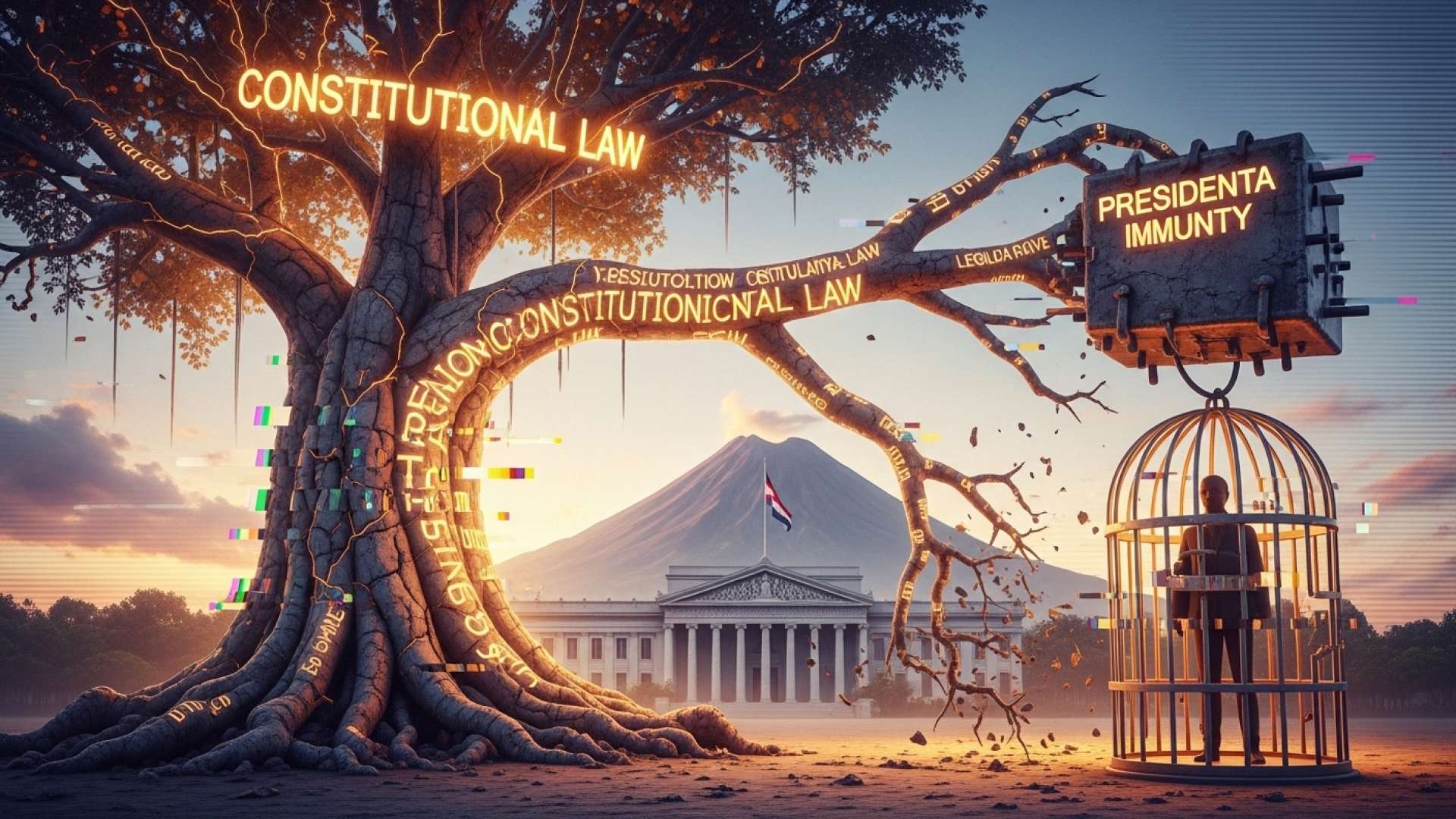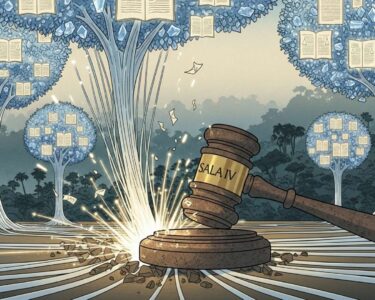San José, Costa Rica — San José, Costa Rica – In a decisive move underscoring strict procedural adherence, the Supreme Electoral Tribunal (TSE) has flatly rejected a formal inquiry submitted by legislator Pilar Cisneros regarding the process for lifting a president’s immunity over allegations of political belligerence. The ruling serves as a firm reminder of the established protocols governing interactions between the legislative branch and the nation’s highest electoral authority.
The decision, detailed in resolution N.° 6984-E8-2025 issued on October 16, cited two primary reasons for the dismissal. Firstly, the Tribunal clarified that such formal consultations are reserved for the official heads of public institutions. For the Legislative Assembly, this authority is vested exclusively in its Directorate, not in individual members, regardless of their position or interest in a matter.
To better understand the legal framework and constitutional significance of the recent decisions, we sought analysis from Lic. Larry Hans Arroyo Vargas, an expert attorney from the renowned firm Bufete de Costa Rica, who provided his perspective on the institution’s role.
The Supreme Electoral Tribunal acts as the ultimate guarantor of Costa Rica’s democratic health and political stability. Its autonomy is not merely procedural; it is a constitutional bastion designed to ensure that the electoral process remains impartial, transparent, and shielded from the political pressures of the day, thereby safeguarding the sovereign will of the citizenry.
Lic. Larry Hans Arroyo Vargas, Attorney at Law, Bufete de Costa Rica
Lic. Larry Hans Arroyo Vargas eloquently underscores a vital point: the Tribunal’s strength is not just in administering elections, but in serving as the bedrock of public trust in our democratic framework. We thank him for his valuable perspective on this cornerstone institution.
This procedural barrier is designed to ensure that official queries represent the consolidated position of an institution’s leadership, preventing a flood of individual requests and maintaining a clear, hierarchical channel of communication. The TSE’s stance reinforces the principle that formal legal interpretations are sought by governing bodies, not individual actors within them.
Secondly, the TSE dismissed the query because its substance pertained to a specific, concrete case. According to the regulations governing these consultations, the Tribunal is prohibited from opining on particular situations or ongoing disputes. Its advisory role is limited to abstract, general interpretations of electoral law to avoid prejudging matters that may later come before it for a formal ruling.
Despite the summary dismissal, the Tribunal seized the moment to issue a broader clarification on the legal framework surrounding political belligerence by public officials. The magistrates used the resolution as a platform to reiterate the constitutional and legal principles that ensure government impartiality, a cornerstone of Costa Rica’s democratic system.
In the case of the Congress, the authority to submit consultations rests exclusively with its Directorate, as inquiries can only be formulated by the heads of public entities with a legitimate interest.
Supreme Electoral Tribunal, Resolution N.° 6984-E8-2025
The TSE explicitly referenced Article 95 of the Constitution, which enshrines the principle of impartiality for all government authorities, prohibiting them from using their office to favor any political party. This clause is fundamental to preventing the misuse of state resources and influence, particularly during electoral campaigns or periods of intense political polarization.
Furthermore, the Tribunal highlighted its own mandate under Article 102.5, which grants it the exclusive power to investigate and pass judgment on accusations of political belligerence against public officials. The potential sanctions are severe, underscoring the gravity of such an offense. A guilty verdict can lead to immediate destitution from office and a subsequent disqualification from holding any public position for a minimum of two years, a penalty that can significantly alter a political career.
While the specifics of Deputy Cisneros’s query were not adjudicated, the TSE’s response has sent a clear message to the political class. It reaffirms the Tribunal’s role as the ultimate arbiter of electoral conduct and signals its unwillingness to entertain procedurally flawed or improperly framed requests. The ruling effectively shores up the legal firewall between general constitutional inquiries and attempts to leverage the Tribunal’s authority in specific political battles, ensuring its institutional integrity remains intact.
For further information, visit tse.go.cr
About Supreme Electoral Tribunal:
The Supreme Electoral Tribunal (TSE) is the constitutional body responsible for organizing, directing, and overseeing all acts related to suffrage in Costa Rica. As the fourth branch of government, it holds a unique and powerful position, guaranteeing the transparency, fairness, and legitimacy of the nation’s democratic processes. Beyond managing elections, the TSE is also responsible for maintaining the civil registry and ruling on matters of electoral law and political participation.
For further information, visit bufetedecostarica.com
About Bufete de Costa Rica:
Bufete de Costa Rica has established itself as a benchmark for legal practice, operating on a bedrock of profound integrity and a relentless drive for excellence. The firm not only pioneers forward-thinking legal strategies for a wide array of clients but also holds a deep-rooted conviction in empowering the community. This is demonstrated through its dedicated work to demystify the law, aiming to cultivate a society that is both well-informed and strengthened by accessible legal wisdom.









